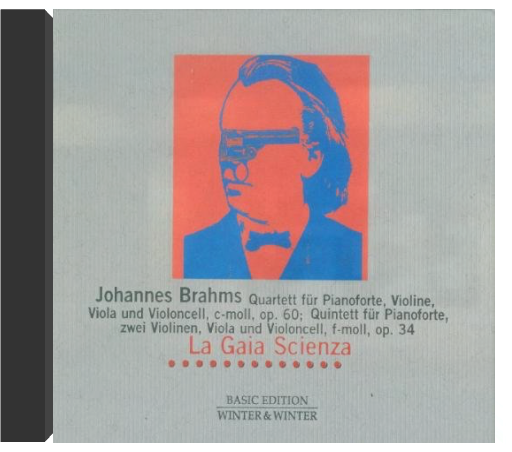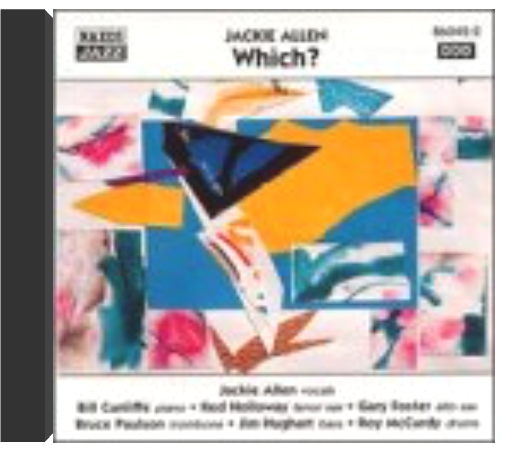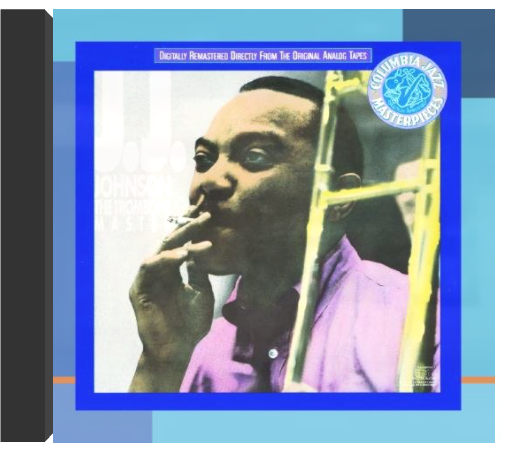 The Trombone MasterJ.J. Johnson The Trombone MasterJ.J. Johnson The Trombone Master by J.J. Johnson 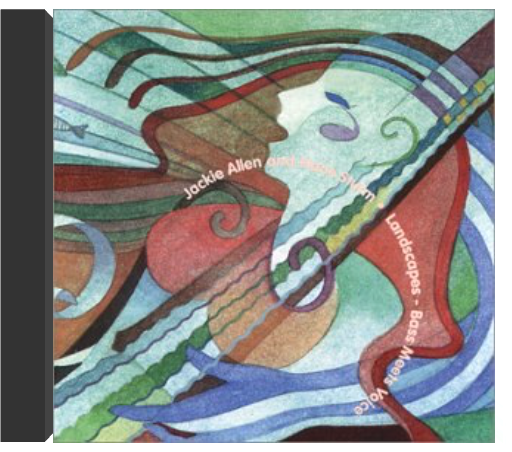 Landscapes - Bass Meets VoiceJackie Allen Landscapes - Bass Meets VoiceJackie Allen The Red Mark Compact Disc Catalog features recordings that do not fit conveniently into any of the bins of the large record or books stores. 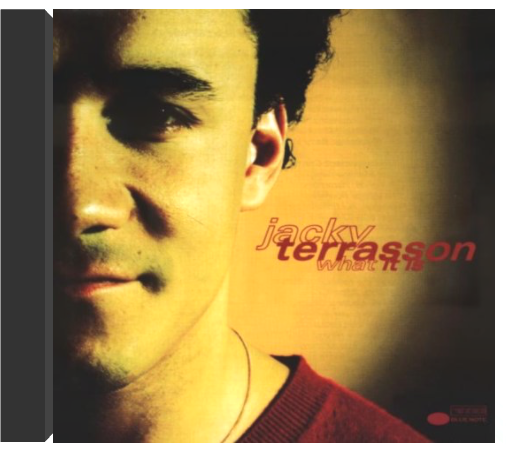 What It IsJacky Terrasson What It IsJacky Terrasson Jacky Terrasson has built a reputation as a lean and mean pianist with the ability to inject lightening bolts of energy into his work. On What It Is, however, Terrasson has taken a decidedly different direction. Rather than calling on his excellent trio, he has chosen to flesh out his band with the addition of everything from flute to guitar to harmonica. While this certainly allows Terrasson to flex his arranging muscles, many of these compositions feel watered down and lacking the intensity and exploration that has been his trademark on previous work. The opening track, "Sam's Song," sways with a 1970s feel that's part fusion, part smooth. The following cut, "What's Wrong with You," picks up the pace, as Terrasson and saxophonist Michael Brecker blaze through a note-burner that highlights Terrasson's remarkable speed and dexterity. Terrasson's curious, harmonica-led take on Pink Floyd's "Money" is slightly interesting, but gets bogged down by languid pacing, while a stab at Ravel's "Bolero" misses the mark entirely. The rest of the LP is a hodgepodge of different styles—touches of Latin and fusion fill out the sound, but don't do enough to add that crucial Terrasson spark to the work. —S. Duda 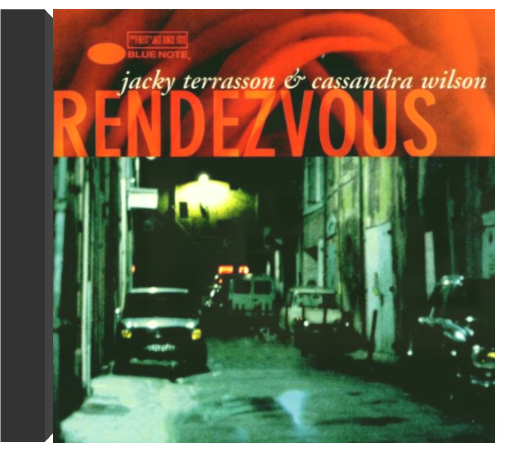 RendezvousJacky Terrasson, Cassandra Wilson RendezvousJacky Terrasson, Cassandra Wilson Throughout Cassandra Wilson's career, jazz critics have been presuming to tell her what to do. Instead, she maintains her own impressive balance among jazz standards, other popular songs, and originals, and among a "jazz" approach, a guitar-based country blues spareness, and art-pop inspired by one of her greatest influences, Joni Mitchell. Here she reminds us that she can bring tremendous freshness to standards. Star pianist Jacky Terrasson makes it almost easy for her. His standout contribution, though, is a tinkling, decidedly late-autumnal solo "Autumn Leaves." Bassist Lonnie Plaxico and percussionist Mino Cinelu contribute impressively on a trap-setless disc, on such numbers as a sad-soul "Tea for Two," and a slowed, bluesy rendition of "Tennessee Waltz." —Peter Monaghan 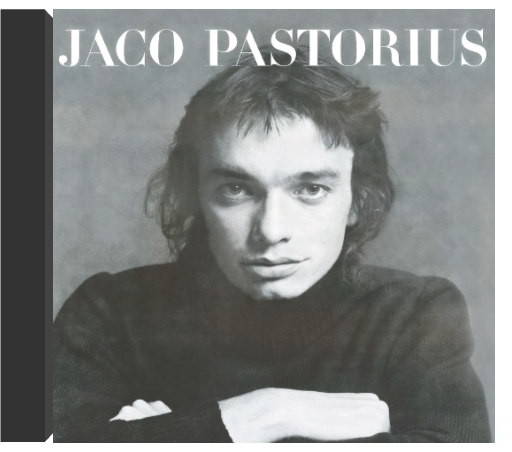 Jaco PastoriusJaco Pastorius Jaco PastoriusJaco Pastorius Japanese limited edition issue of the album classic in a deluxe, miniaturized LP sleeve replica of the original vinyl album artwork.  Dvorak: Cello Concerto; Haydn: Cello Concerto in C; Jacqueline du PreJacqueline du Pre, Antonin Dvorak, Franz Joseph Haydn, Daniel Barenboim, English Chamber Orchestra, Chicago Symphony Orchestra Dvorak: Cello Concerto; Haydn: Cello Concerto in C; Jacqueline du PreJacqueline du Pre, Antonin Dvorak, Franz Joseph Haydn, Daniel Barenboim, English Chamber Orchestra, Chicago Symphony Orchestra  Gently WeepsJake Shimabukuro Gently WeepsJake Shimabukuro You'll forget all the Tiny Tim, Don Ho, and Hawaiian-music jokes about the ukulele when you hear Gently Weeps, which leaves behind the Roaring Twenties strum and plinky-dink sound of most such music. Jake Shimabukuro sets the tone with the lead-off track from which he takes the album's title, George Harrison's "While My Guitar Gently Weeps," unfolding the vulnerable undertow of Harrison's epic lament. A string of covers follows, as Shimabukuro touches the serene with Schubert's "Ave Maria," evokes a Japanese koto on a Zen-like version of "Sakura," and turns "The Star-Spangled Banner" into a lament. But Shimabukuro's original tunes are just as full of plucked nuance, especially "Heartbeat Dragon," where he uses a slight delay to create a quietly joyful Celtic air. However, don't think it's all wistful melancholy. Shimabukuro whips it out on original tracks like "Let's Dance," alternating hard rhythmic chops with flamenco-like strums. His take on Erroll Garner's "Misty" is a little jive, though I'm sure the hot jazz middle-section pumps the crowds up. Chick Corea's "Spain" fares much better and still scores high on the flash quotient. You just can't keep a fret-burner down, even when his fretboard is toy-sized. You can't keep the Hawaiian out either. Its gentle sway turns up on the sweetly laconic "Angel." A few bonus tracks of generic fusion at the end detract from the solo purity and intimate mood that Shimabukuro creates, but Gently Weeps is a joy until then. —John Diliberto |
 Made with Delicious Library
Made with Delicious Library
